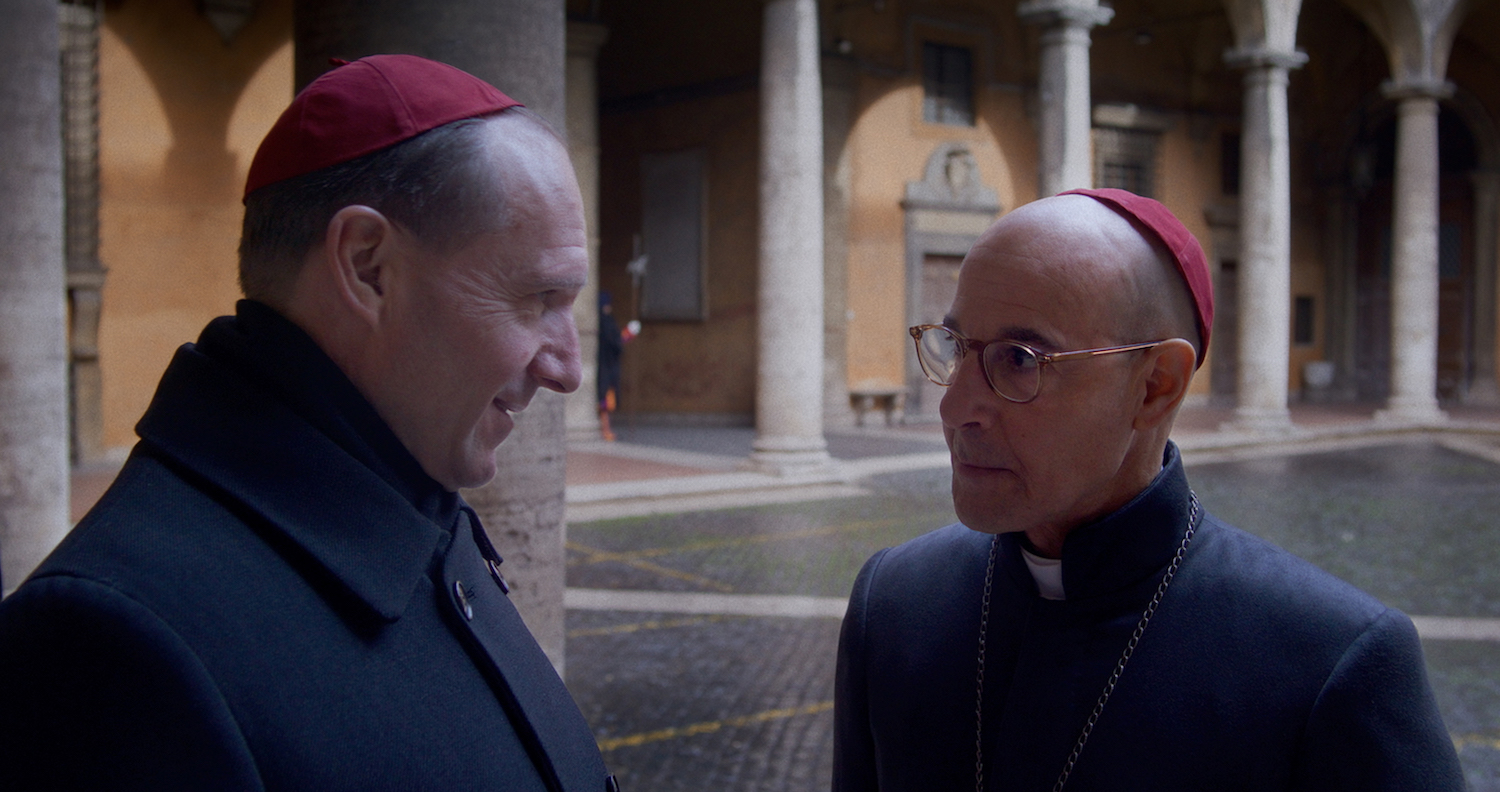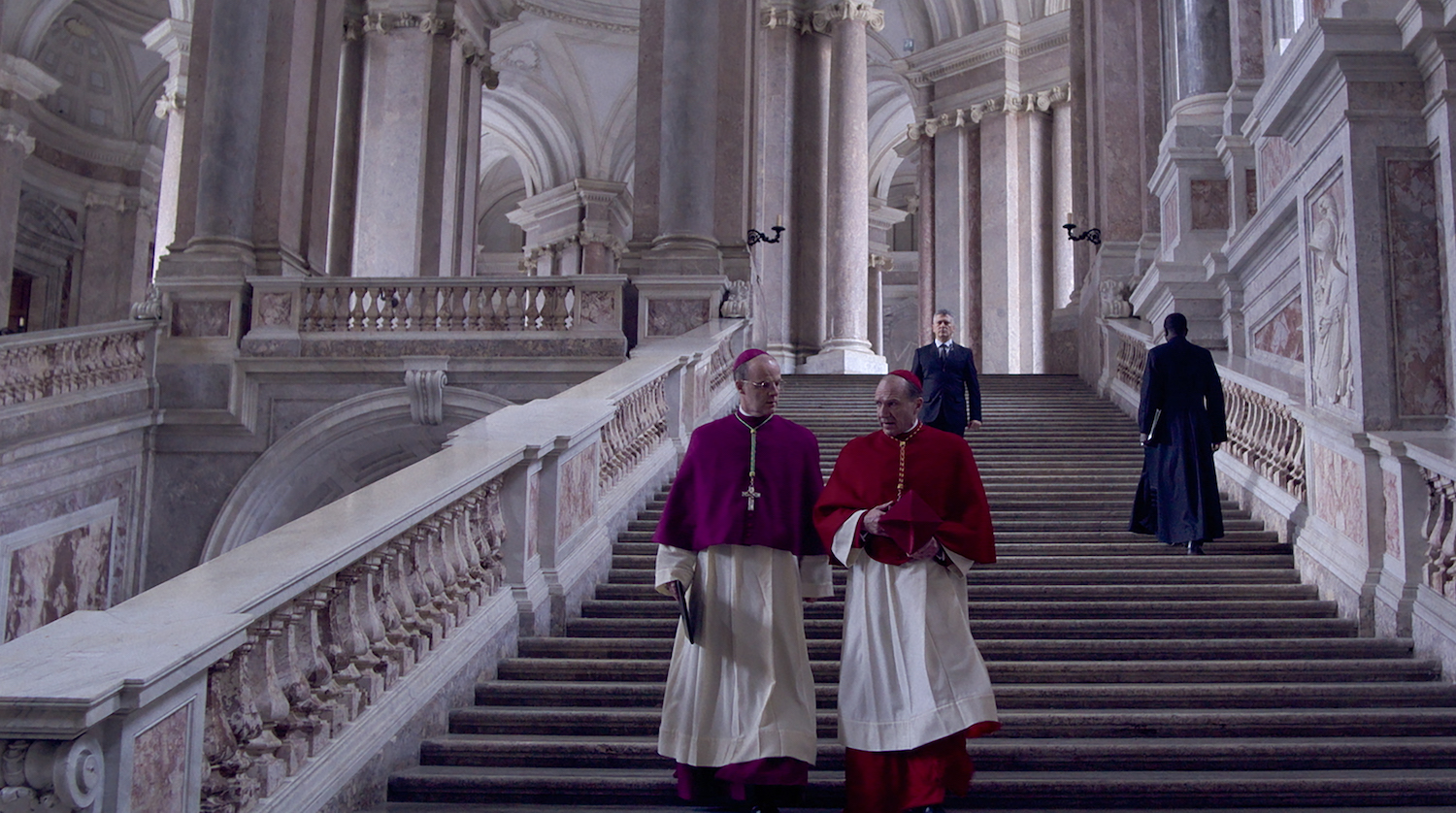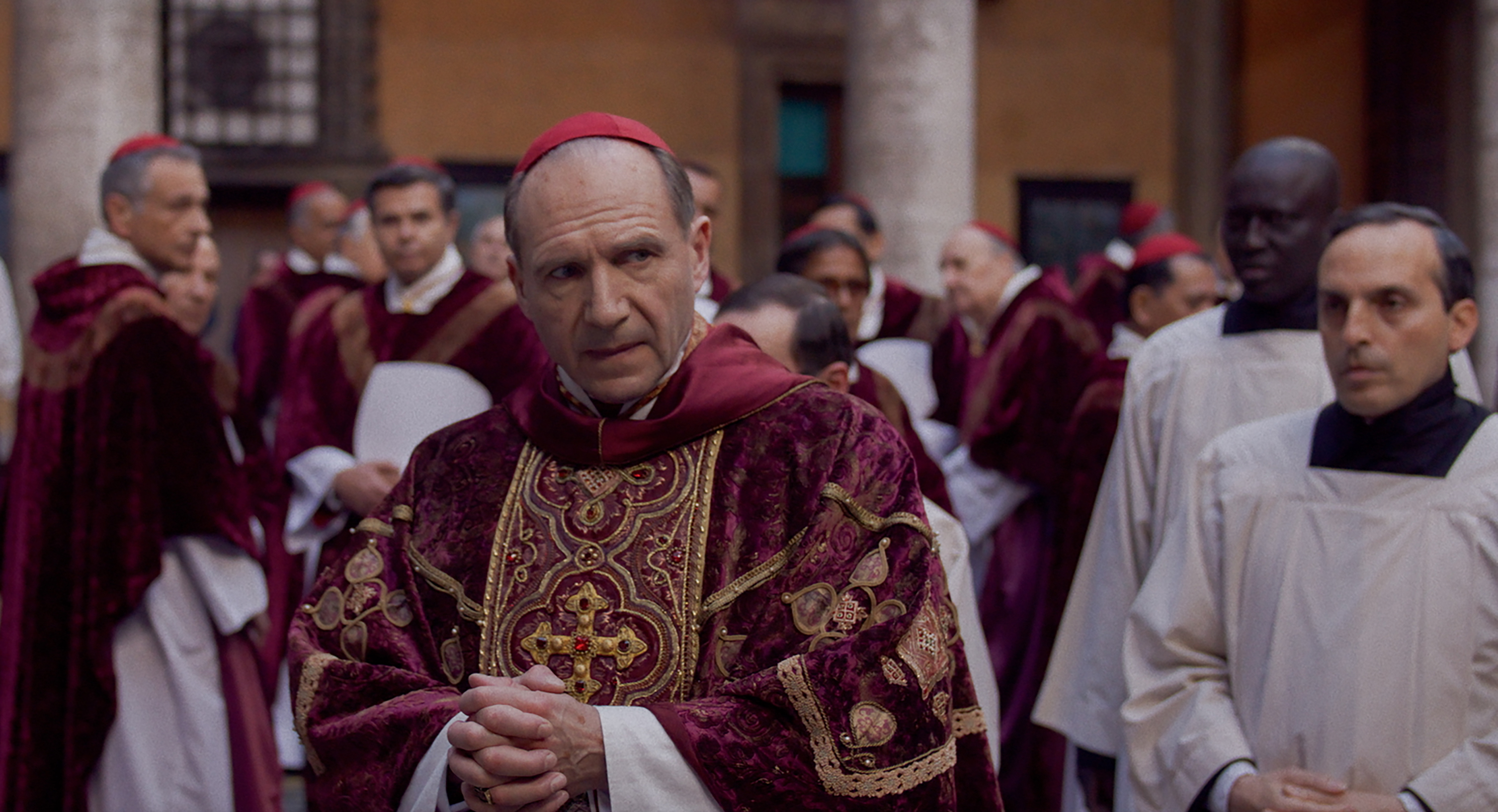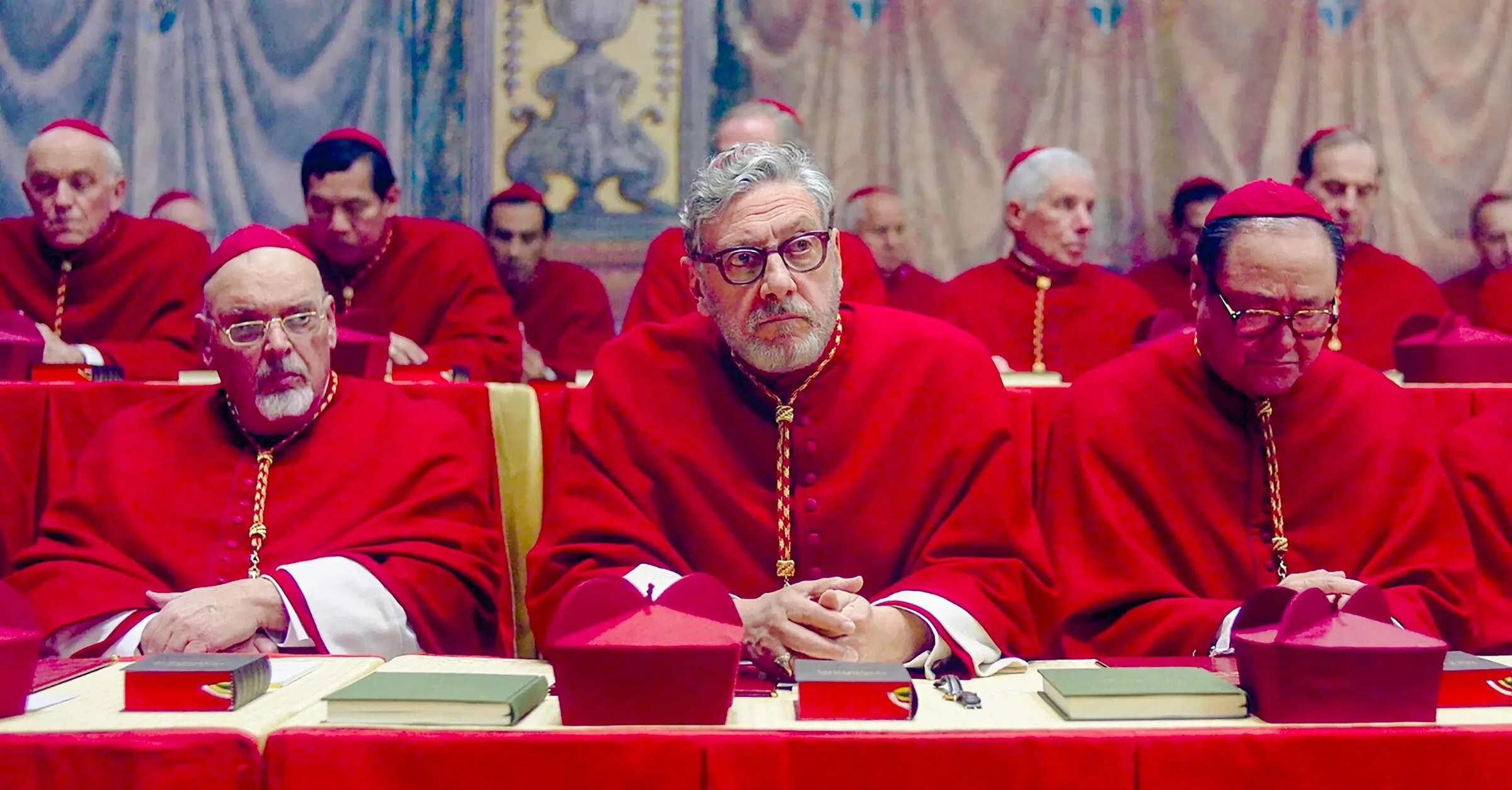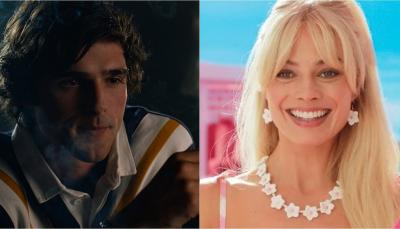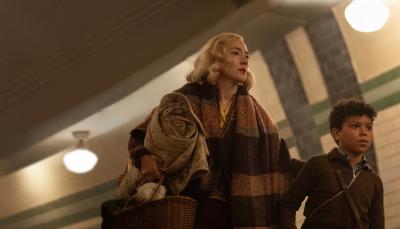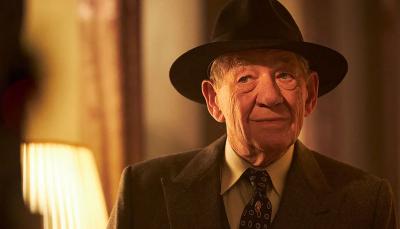'Conclave' Is a Thrilling Story of Faith, Doubt & Catholic Church Bureaucracy
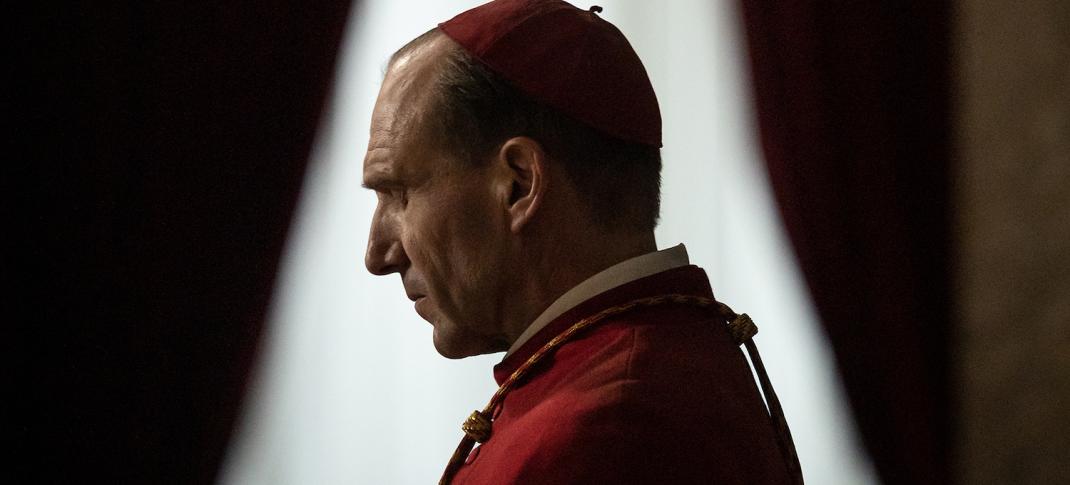
Ralph Fiennes in "Conclave"
(Photo: Focus Features)
The Catholic Church is known for many things, from centuries of tradition to painful public reckonings with its all-too-human failures. It is perhaps best recognized for its intricate rituals, from the comforting traditions of daily Mass to the pageantry of high feast days like Easter and Christmas. The Church has specific ceremonies to guide the faithful in everything from baptism and weddings to last rites and burial, and there's something deeply comforting about the eternal nature of its dedication to procedure. All that ritual is one of the big draws at the center of the prestige thriller Conclave, a film that revolves around one of the most famous ceremonies in the life of the Church: The election of a new pope.
These days, most feature films that involve the Church tend to be about one of two things: The fallout from devastating scandals or a fight against the literal forces of evil. After all, there's rich drama to be found in the Church's ongoing struggles to confront and atone for the darkest, most damning secrets of its history. At least one movie hitting theaters around Halloween is guaranteed to involve someone or something getting possessed*. A Papal conclave is, by necessity, deeply mysterious, full of rich symbolism, secrecy, and lots and lots of Latin. But they are also profoundly human affairs, full of political posturing, influence peddling, and frequently uncomfortable compromise.
(*But, hey, the Church has a literal how-to guide for handling exorcisms, too, so that tracks.)
Perhaps a certain level of messiness is to be expected of anything that combines human fallibility with a divine mandate. Still, though Conclave's larger story is centered around this event, it's also not really the point of it. A cerebral movie that feels like the slickest of action thrillers, Conclave is a film that uses the petty politics of a papal election to explore themes of faith, doubt, and progress, and all without mocking the institution at its center or the heart of the believers within it. It's a triumph and will earn every award nomination it'll likely land next year.
The film centers on Cardinal Thomas Lawrence (Ralph Fiennes), Dean of the College of Cardinals at the Vatican, who must organize and preside over the conclave that follows after the sitting Pope dies suddenly. Struggling with doubts about his faith, his more significant vocational role within the Church, and tension with the now-dead Holy Father, Lawrence feels ill-equipped to manage such an endeavor. You can see why once we meet the rest of the Cardinals vying to claim the Chair of St. Peter.
As the cardinals descend upon Rome, the frontrunners are apparent: Cardinal Bellini (Stanley Tucci) is the standard bearer for the progressive faction, who desires to modernize the Church's stance on social issues and multi-faith unity. Opposing him is staunch traditionalist Cardinal Tedesco (Sergio Castellitto), an old-school firebreather still bitter about the Church no longer requiring Latin Mass. There are a few other notable candidates receiving votes, including Cardinal Tremblay (John Lithgow), an opportunist whose entire personality consists of the fact that he wants to be Pope, Cardinal Adeyami (Lucian Msamati), who would make history as the first African pontiff, but whose strident homophobia unsettles many, and the relatively unknown Cardinal Benitez (Carlos Diehz), who has been secretly serving in Kabul for several years.
There is also Lawrence himself, who, although he is very much a "let this cup pass from me" type regarding taking up the literal keys of the kingdom, can't deny that it's something he's at least thought about. All the political wrangling and electioneering is perhaps a lot of inside baseball for non-Catholics. However, the film is a relatively decent snapshot of many of the primary debates at the heart of the Church, questions of progress versus tradition, the role of the institution in the modern world, and more.
As initial ballots are cast and tensions among the group rise — the conclave remains sequestered within the Vatican until a two-thirds majority favorite is found — the film takes on the air of a locked room mystery, just one that's set beneath the dome of a painstakingly recreated Sistine Chapel. Secrets abound, with multiple frontrunners brought low by everything from unscrupulous pasts to straight-up bribery. At the center of it all is Lawrence, doggedly attempting to do right by the job he tried to resign from and the legacy of the Pope who wouldn't let him.
Given its subject matter, the film is predictably talky; however, director Edward Berger (All Quiet on the Western Front) imbues even the most basic of scenes, whether they are mealtime conversations or deliberately cast ballots, with almost unbearable tension. A string of briskly paced twists keeps the narrative moving at a compelling clip as Lawrence tracks down clues, makes unexpected connections, and confronts various cardinals about their misdeeds. (Plus, let's not kid ourselves; it's downright fun to watch the cadre of cardinals gossip and scheme.) But, though it wears many of the signs of a political thriller, the heart of this film is about something much richer and more complicated.
It isn't an accident that Lawrence's first name is Thomas, after the apostle who famously doubts the truth of Christ's resurrection. Despite having risen to become one of the highest-ranking figures in the Vatican, Lawrence struggles with prayer and questions whether his future lies in Rome. He longs for a pope who can contain multitudes, doubt and sin and forgive as ordinary men do, and must work for his faith in a tangible, real-life way.
One of the most compelling aspects of Conclave is how genuinely it portrays the act of faith—as an act, a repeated choice, occasionally made in doubt and confusion and fear but deliberate nonetheless. Faith, after all, is not something you have or are; it's something you do (James 2:17 and all that). While Lawrence wrestles with his fair share of demons, it is by his actions that he demonstrates his love for God, his fellow man, and the Church herself.
Fiennes's performance is masterful throughout, a soulful, subtle, and profoundly layered turn in which emotions are conveyed as much through delicately shifting facial expressions and body language as any spoken dialogue. It is notoriously tricky thing in the world of our popular media to make the idea of virtue and/or goodness seem admirable, let alone interesting; however, Fiennes imbues Lawrence with the sort of deep emotional vulnerability that makes his personal introspection as compelling to watch as any of the more complex political posturing taking place around him.
It is some of the best work of an already excellent career, and he will deserve all the awards season buzz headed his way in a few months. (Don't be surprised if he finally gets that Oscar he should have won for Schindler's List, either.)
The film's ending, grounded in a pair of surprising twists, is already generating no small amount of Discourse online. The controversy surrounding it is, in many ways, a misguided one. This is, after all, a movie with obvious and evident respect for the tradition of the faith and the inner workings of its institutions, and which is remarkably even-handed about the more significant questions (be they theological or organizational) facing the Church writ large.
Throughout, Conclave does its best to imagine a richer, more expansive understanding of God's kingdom, where faith is strengthened by the doubt that often walks alongside it, and there is room for the grey areas that so many absolutists insist aren't real. It's an ending that nods toward the necessity and inevitably of progress even as it affirms that God can and does work in mysterious ways.
As a film, Conclave contains multitudes: Its tone is simultaneously snootily highbrow and vaguely trashy, completely serious and utterly shameless, ploddingly deliberate and wildly propulsive all at once. It's a great time precisely because, even amid all its inherent contradictions, it somehow never loses sight of what it wants to be. And that may be the most miraculous twist of all.
Conclave is open in wide release in the U.S. and streaming on Fandango Now.

